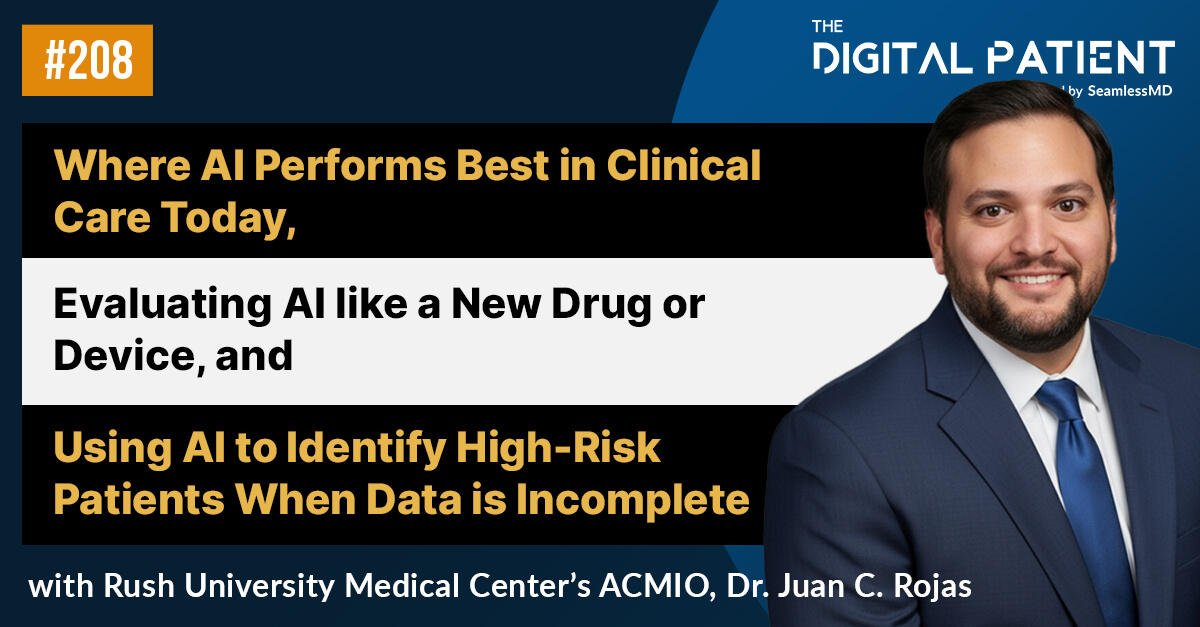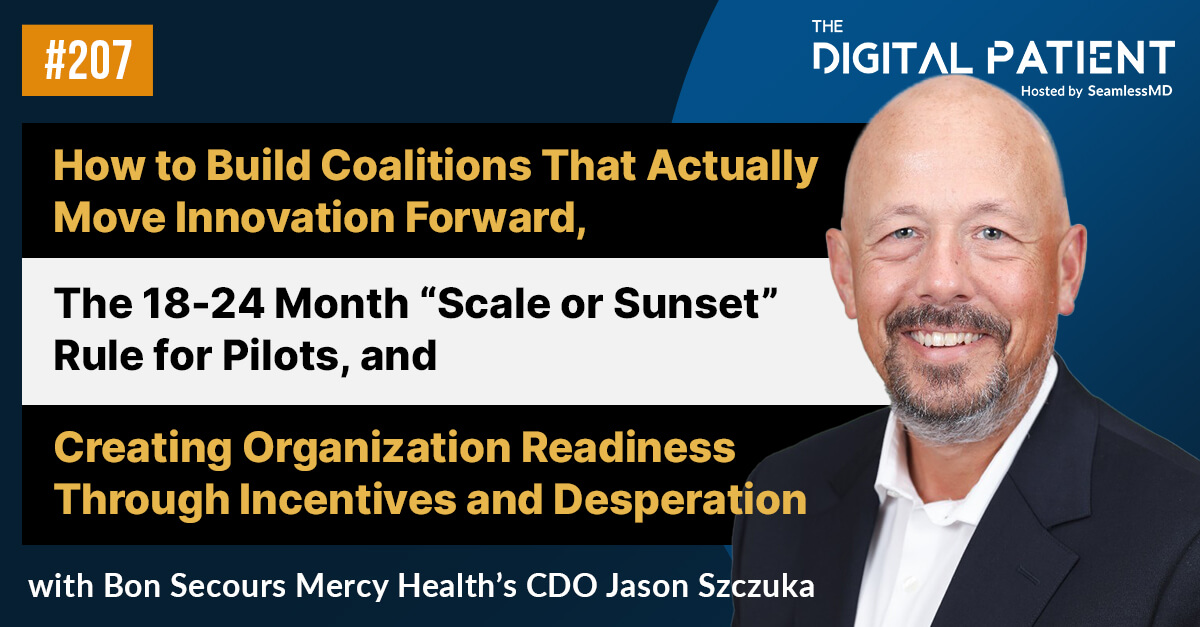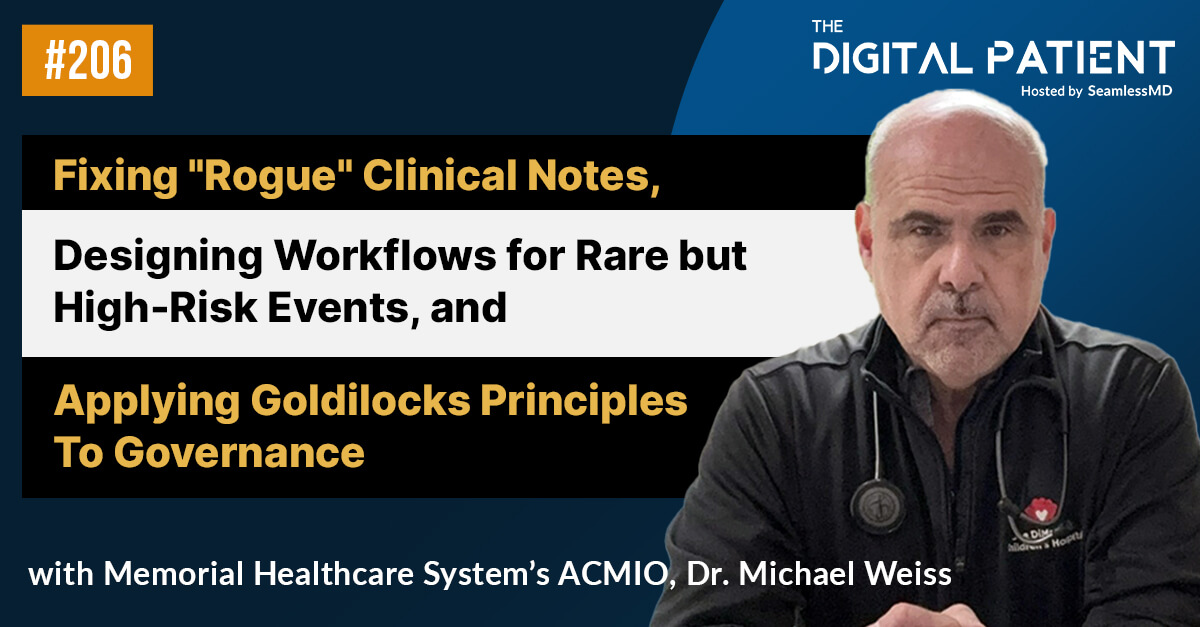At our recent °µÍřĘÓƵ customer conference, we were excited to sit down with Rebecca Liebau, Director of Clinical Services at Muskoka Algonquin Healthcare, to discuss their newest innovation: using °µÍřĘÓƵ to support stroke recovery.

From Surgery to Stroke: Expanding the Use of °µÍřĘÓƵ
Over the past three years, MAHC has steadily scaled °µÍřĘÓƵ across surgical specialties, now serving nine patient journeys, including for colorectal, hysterectomy, breast surgery, and endoscopy.

Now, MAHC has gone a step further - launching digital programs for stroke recovery and mental health patients. This shift reflects a growing recognition that digital health tools like °µÍřĘÓƵ aren’t just for surgery or chronic care - they can play a powerful role across the continuum of care.
Building the Stroke Program from the Ground Up
Because this was one of the first programs of its kind, the team took a thoughtful, collaborative approach to designing a stroke-specific digital experience.
The goal: empower patients after discharge and improve self-management between in-person visits.

Key features of the new Stroke Program include:
- A Stroke Knowledge Survey
Helping patients and families assess their understanding of stroke symptoms, recovery timelines, and lifestyle considerations - Post-Stroke Symptom and Biometric Tracking
Patients can log symptoms and vital signs after discharge, promoting early detection of complications - Curated Education and Support Resources
Content is tailored to common post-stroke challenges such as mobility, mental health, nutrition, and caregiver support
A Model for Non-Surgical Use Cases
In addition to stroke, MAHC is applying °µÍřĘÓƵ to mental health workflows - another area where traditional models struggle with continuity between touchpoints. Enrollment for these non-surgical programs happens through multiple entry points, including:
- Community referrals (e.g. CMHA for mental health)
- Acute care and rehab teams (for stroke patients)
- Emergency department visits
Staff then enroll eligible patients manually into °µÍřĘÓƵ, triggering an activation email so patients can begin using the app immediately - on web or mobile.

Early Momentum and Broader Vision
While it’s still early days for the stroke program, the future is bright. This collaboration with MACH’s stroke recovery and mental health programs demonstrates a powerful idea: digital patient engagement isn’t just for surgery. With the right design, it can support a wide range of chronic and episodic conditions - wherever patients are in their care journey.
We’re proud to support MAHC in leading the way on this front - and can’t wait to see the impact as these new programs evolve.
.svg)





